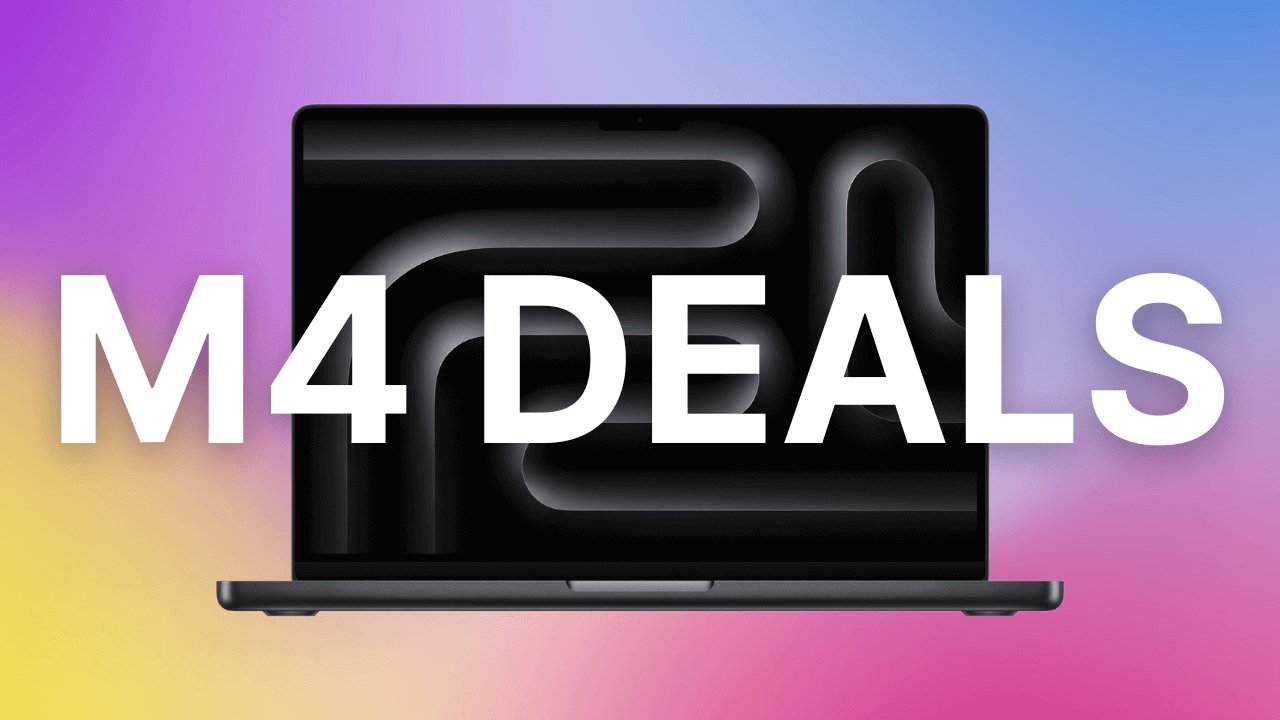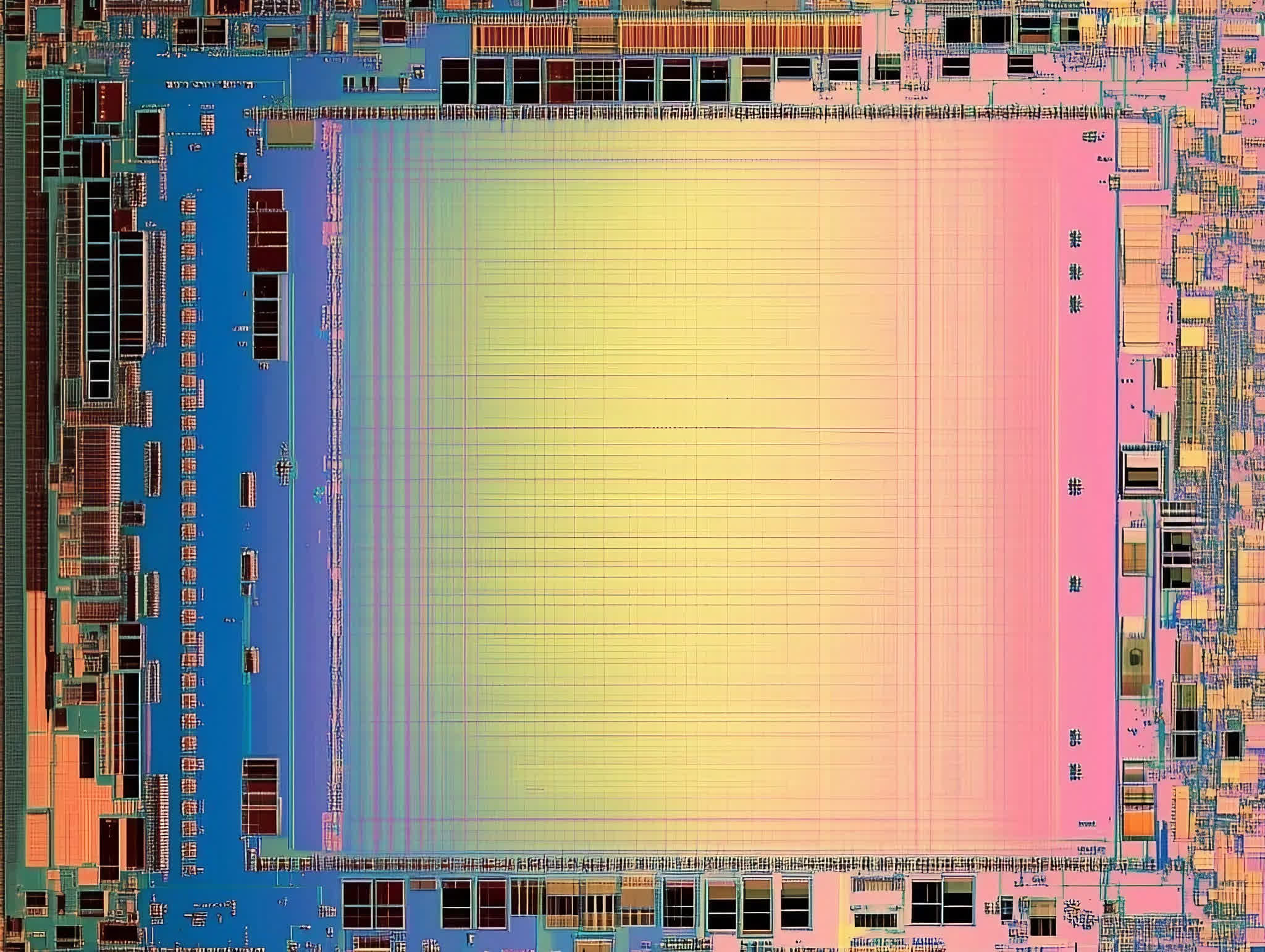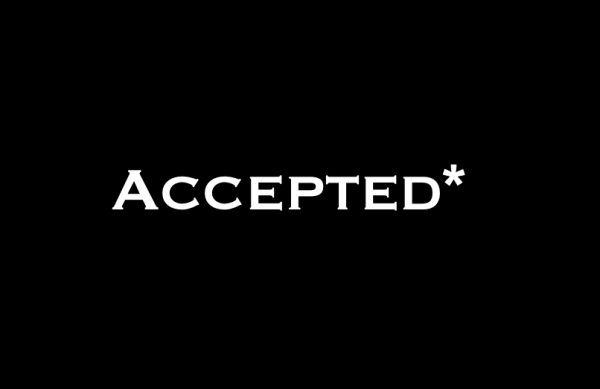Retcon Games is Negrón’s new studio, founded in October 2021, and “Good Bones” is her first game, set to release on August 31. The debut comes nearly half a decade after Negrón made headlines for a lawsuit that shook the video game industry: In November 2018, Negrón sued “League of Legends” publisher Riot Games for gender-based discrimination, sexual harassment and misconduct, alongside former employee Melanie McCracken.
“[Starting my own studio] was just me being sick of everything in the industry, and not being able to find my way back in fully after the whole lawsuit thing,” Negrón said. “It’s been really tough to get positions. I had a job last year, and I was like, ‘Alright, this is my last shot. And if this doesn’t work out, I’m just going to go it on my own.’ Because after the whole Riot situation and the lawsuit, and this years-long fight, my tolerance for the BS at work is just zero.”
The job last year — the “last shot” — didn’t work out. And so, Negrón followed through on her promise to create something new.
“Maybe I can start something new with this kind of vision and a set of values that I think the industry is sorely lacking in a lot of places,” Negrón said. “I just went for it. I figured I have the time, and I’m in a unique place in my life where I can go for it, and not be super worried about where I’m going to get my next meal. It’s been freeing and exciting to own the whole vision, the process, to do things in a way that I know works for me.”
“Good Bones” is a game that feels cozy yet haunted, drawing vibes from Negrón’s Puerto Rican heritage while featuring art and music from Latinx artists. A point-and-click puzzle game with a supernatural twist, “Good Bones” is about a family trying to rebuild in a new home that’s haunted by the ghost of a young woman who can’t remember why she’s there. To uncover more about the family, you must solve puzzles set to lo-fi chill beats with a hint of bossa nova. In later parts of the game, there are elements of reckoning with domestic violence.
For now, Retcon Games is a one-person studio. The studio is named after the term “retcon,” short for retroactive continuity, or the idea that a backstory in a TV show, for instance, can be edited after the fact.
“There are a lot of stories that have been retconned for marginalized folks. And I want to go back and rerecord and let people tell their stories the way they’re meant to be told,” Negrón said.
She coded “Good Bones” and wrote a novel’s worth of dialogue and backstory herself. Most of her $5,000 budget went toward art and music, a priority for setting the vibe and attracting players. Over 3,500 people have added “Good Bones” to their wishlist on Steam, and Negrón estimates that if only a fraction of those people pay $14.99 for the game, she will break even. Anything extra will go toward funding the next game.
“I do really want to build this into something lasting. I hope I can,” Negrón said. “The vision for this studio is solid. My vision, in general, for the kinds of stories that can be told through games is solid. And I work in a space that not a lot of people are working in right now, which is just, very story-driven, high quality, low production games.”
She hopes to staff up the studio in time.
“I hope I can grow sustainably and, in the future, expand the team to get some actual developers and be a real studio,” Negrón said.
Launching “Good Bones” on her own is a stark contrast to Negrón’s previous work, where she was part of a larger team.
“My experience at Riot was like coming in on somebody else’s vision and trying to execute. Fun work, amazing work. But definitely not the rush of being able to create something of your own,” she said.
Patricia Navarro Guerra, an artist in Caracas, Venezuela, drew the background art for “Good Bones,” after Negrón found her online.
“Working on ‘Good Bones’ was an interesting and exciting experience. Every concept brief for each background felt like creating a window to a story that remains in secret,” Navarro Guerra said. “There are certain places of the main house that I’m excited to play and find out what’s behind all the little details scattered around places that were designed to be full of nostalgia.”
The path from Riot Games to “Good Bones” was hardly a straight line. Negrón described her last job at the tabletop gaming company Incredible Dream as the same “White, male-dominated space” that was resistant to her efforts to diversify game narratives and characters. The company fired her in July, she said.
Incredible Dream’s CEO, Jane Chung Hoffacker, disputed Negrón’s characterization in a statement (“70% of our full-time employees are womxn,” Chung Hoffacker wrote) but declined to share details about Negrón’s termination, citing a nondisclosure agreement.
As for funding, Negrón said it’s hard to find investors when you’ve been vocal in the industry. Venture capital funding in video games is often concentrated in the top several dozen firms that hold significant capital.
“Venture capital would be a rough space for me. I don’t think a lot of people want to work with the woman who sued Riot Games, in terms of investment,” Negrón said. “It’s a rough paradox, because you have these really brilliant people who are speaking out to make a better industry. And unfortunately, these people who are the most likely to go out on their own and try something are also the folks that then can’t get funding because the people they spoke against are in charge of all the money everywhere.”
“League of Legends” publisher Riot Games announced last December that it was settling its 2018 gender-based discrimination class-action suit with California state agencies and current and former women employees for $100 million. The company will pay $80 million to members of the class-action suit and approximately $20 million toward plaintiffs’ legal fees. A judge approved the settlement on July 25 and the case is still awaiting final approval from the court.
“So much went on behind the scenes for years to make this happen. It’s a sense of relief. I’m just excited that we’re just another step closer to it being over,” Negrón said.
Riot’s $100 million settlement comes just as the video game industry faces broad scrutiny of its workplace culture. Multiple government agencies, for example, are investigating “Call of Duty” and “World of Warcraft” developer Activision Blizzard over allegations of employee sexual misconduct and gender-based discrimination.
For years, workers in the video game industry have made steps to organize the industry. A union at the indie developer Vodeo Games was recognized by management last December, followed by Raven Software quality assurance testers winning a union election last May. A group of testers at Blizzard Albany, formerly Vicarious Visions, announced their organizing efforts in July.
“I have spoken to so many people who have approached me and said, ‘You know, I want to do something about what’s going on at my company, but I don’t even know where to start,’ ” Negrón said. “The fact that I’ve done all the hard work, so I’m able to be like, ‘Yep, I got you. This is what you do, this is who you talk to.’ That knowledge that gets shared and used has been amazing. And it’s about time.”





















Discussion about this post